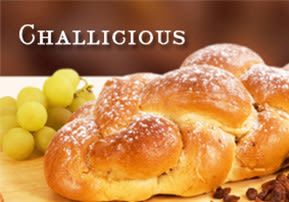
Challicious
By separating the challah, we can create a bridge between us and the spiritual realm, so we can draw down sustenance and blessings, and request whatever we want…

Can you recall the amazing smell that enveloped your entire being when you last walked into a bakery? The light, sweet aromas of freshly baked cookies and moist cakes gently floating through the air, was just waiting to tempt your senses. If you have a sweet tooth like me, you were basically carried on a heavenly cloud right over to where the concoctions were cooling off, just beckoning you to succumb to your temptation. Well, this is what my house is like on a Friday afternoon, except the delicious scent is coming from my (almost) world-famous Challicious Challahs. Each Friday afternoon, my husband is the lucky passenger on the heavenly cloud that carries him through the doorway and over to my heavenly challahs. I wasn’t always Mrs. Betty Crockerstein, though. It wasn’t until recently that I began to understand the spiritual importance of making challah.
There are three mitzvot a Jewish woman should keep. They are: lighting Shabbat candles, keeping family purity, and separating challah. Before I began doing the third one, I had no understanding of how this fit in with 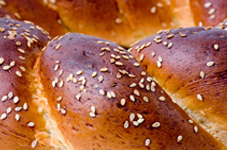 the other two. Okay, the first one is a spiritual action – by lighting candles we bring light and blessings for our families and the rest of the world. The second one also has great spiritual significance. By separating from our spouses during the two weeks of menstruation, we also receive blessings in all areas of our lives, from sustenance to health. But how does the third one fit in? What does making challah have to do with anything spiritual? Why can’t I just get them from the bakery and not have to deal with this? Don’t I have enough to do on Fridays? Once I realized that there was really no way out of this obligation, I decided I needed some inspiration.
the other two. Okay, the first one is a spiritual action – by lighting candles we bring light and blessings for our families and the rest of the world. The second one also has great spiritual significance. By separating from our spouses during the two weeks of menstruation, we also receive blessings in all areas of our lives, from sustenance to health. But how does the third one fit in? What does making challah have to do with anything spiritual? Why can’t I just get them from the bakery and not have to deal with this? Don’t I have enough to do on Fridays? Once I realized that there was really no way out of this obligation, I decided I needed some inspiration.
Well, after my extensive research on the mitzvah of separating challah, I can say without a doubt this is an action loaded with spirituality and opportunity for blessings. I am going to share with you several insights that will give you a greater understanding of why challah is so important. Welcome to Challah Baking 101. First, let’s discuss the general idea of challah. We are all familiar with terms that relate bread to money, like “Earn your daily bread”, or “He is the breadwinner in the house”. Why do we say this? Intrinsically, we all equate bread with money and prosperity. I shall elaborate on this concept a bit later. Also, bread is considered our staple food item. Most of the foods we eat are grain-based. Even the sages and the Torah use the term “bread” when referring to food in general. We can see that bread is the foundation of our physical sustenance. Now let’s begin to understand how it is the foundation of our spiritual sustenance.
The Midrash states, “Nothing is ‘reishit’ except challah.” This is a profound concept- the word ‘reishit’ means ‘first’ and is included in the first word of the Torah, ‘Bereishit’. Therefore we can understand that challah is one of the foundations of creation itself. It is one of the bridges that we use to connect our physical world with the spiritual world. There is a concept in Kabbalah called “Bread of Shame”. This refers to any reward we get in life that we haven’t earned. For example, if I were to receive a new diamond ring from my husband just for making dinner, that would be a reward that is severely disproportionate to my efforts (even though I may really enjoy it!). When we receive a reward far greater than our efforts warrant, we eventually experience a sense of shame. The Baal Shem Tov relates our spiritual reward to “bread”. He explains that in order for us to not experience that shame, we must go through many trials and challenges in life, as is stated in the Torah, “By the sweat of your brow shall you eat bread.”
Okay, that’s nice, but why did I use the term “separating the challah”? Isn’t it just the baking of the challah that’s the point? Well, actually, it’s not. The real mitzvah is in this “secondary” action. Once the dough is kneaded and ready to be braided, a small portion is separated, burned, and then discarded. Actually, the name ‘challah’ refers to that small piece that was separated, not the bread that we call ‘challah’. To this day, I’m still not sure what we call the rest of the bread! I just don’t get it- we separate the challah from…the challah? Maybe I will find an answer to this perplexing question one day. In the meantime, let’s continue with our lesson.
In the portion of Bamidbar it is written, “…the first of your kneading you shall set aside as challah…so shall you give a portion to Hashem for your generations.” The portion of Shlach also mentions this mitzvah when relating to Adam and Chava (Eve). Adam is termed, “the pure challah of the world.” He was created completely pure, without any evil desires. When Chava caused Adam to sin, he lost his former status and was thereafter drawn towards physical desires. The Midrash goes on to state, “The mitzvah of separating challah has the potential to bring back the purity of spirit that was lost through Adam’s sin. Hence, by fulfilling this mitzvah, a woman rectifies Chava’s sin.” WOW! Can we all please just read that last sentence again?! But wait, there’s more- the Midrash also claims, “Famine is brought upon the world as a result of neglecting (this mitzvah), while its observance brings material blessing to the household.” Here we can see that there is in fact a direct link between bread and sustenance. By separating the challah, we can create a bridge between us and the spiritual realm, so we can draw down sustenance and blessings. What’s even more amazing is the word “Challah” is actually an acronym for “Chelek La’olam Habah”, which means “a portion of the World To Come”. When we separate the challah we must realize that we are preparing our portion in the World To Come. Not only that, but we will receive our portion without any “Bread of Shame”.
Well, I’m convinced! It’s funny how actions that seem unimportant turn out to be the most spiritually charged ones. Now let’s move on to the experience of making challah. Ah, yes, I fondly remember my first failed attempt at making challah. I had always heard that a baker must be precise, whereas a cook can estimate with his ingredients. I never believed it until I actually had to do it! I was so excited and anxious to embark on a new “creative experience”. My big mistake was to use a loose interpretation of the word “warm”. I was supposed to add the yeast to lukewarm water. Since I shower in practically scalding water, warm to me might have been a little on the hotter side. Well, after waiting five minutes for the yeast to incorporate into the water, I began my tricep-building, stress-reducing, shoulder-tensing exercise of kneading the dough. I kneaded and kneaded, for a good 15 minutes, all the while marveling at how hard of a job this was! I was exhausted by the end! I said the blessing, separated the dough, and burnt the piece, just like I had learned. Then I proceeded to attempt to form a challah from the hardening lump of dough that was sitting in front of me, challenging me to take it down. I could almost hear it taunting me, saying, “Hey, you want a piece of me?!” Oh yeah, it was on! Being half-Iraqi, I wasn’t about to be intimidated. I shot back, “I’m gonna take you down, challah- downtown to Chinatown!” After a good ten minutes of trying to mold the hardening lump of dough into something recognizable, I finally threw in the towel. Round One went to the challah. I tried and tried, but the dough just wouldn’t budge! Then it hit me- I killed the yeast with the hot water! No wonder it wasn’t the fluffy, gooey, soft mass I had expected to dig into! At this point it was too late to attempt another round, and I didn’t have time to go to the store. So for that Shabbat, we practically choked our way through my Challah a la Cement. (My throat hurts just thinking about it!)
From then on, I improved each week. I have learned a few tricks to keep the challahs extra soft, and I am excited yet hesitant to share my secrets. Here they are: First, I bake my challahs at a temperature of 330 F. I personally like a softer, doughier challah. They take a bit longer to bake like this, but the outside is a light golden color and very soft. Another trick is if I’m really short on time, I will put my dough in the oven on a very low setting (about 170 F) to help it rise quickly. My other secret to soft, succulent challah is actually my husband’s discovery. One Friday afternoon he decided to “help me out” by wrapping the warm challahs in plastic wrap. Since he is good at ignoring my less-than-loving comments, he didn’t listen when I asked him why he was doing that. When we unwrapped the challahs later that evening, they were as soft and delicate as when they came out of the oven. If you want to try this, just make sure your challahs are not too warm, or the condensation from the steam might make them a bit soggy. No one likes a soggy challah (except for me, when I dip mine in Manischewitz!). I confess, I’m a challah and sugary red wine lover! For those of you that like a raisin challah, I recommend soaking the raisins in your favorite liqueur overnight. This will add an extra dimension to the flavor of the raisins. I also love to make a cinnamon-sugar challah- it tastes better than dessert! To keep the flavors inside the challah, I first place a generous helping of cinnamon and sugar in each large strand, then close it up before I braid it.
But the biggest secret is the opportunity we have for blessings while making the challah. Throughout the entire process, I am talking to Hashem, asking Him to bless my family with every blessing, to help us reach out to as many people as we can through our outreach efforts. This is a time when the gates of mercy are wide open, so take advantage of the opportunity. Talk to Hashem and ask for health, protection, righteous children, etc. A great book with practical and spiritual insights is “Challah for the Soul”. As much as I’ve grown and continue to enjoy making challah, there is still one challenge I just can’t seem to overcome- how do I save room for the rest of the Shabbat meal?!


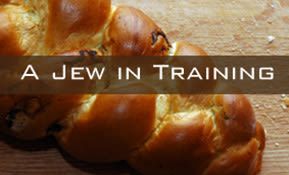
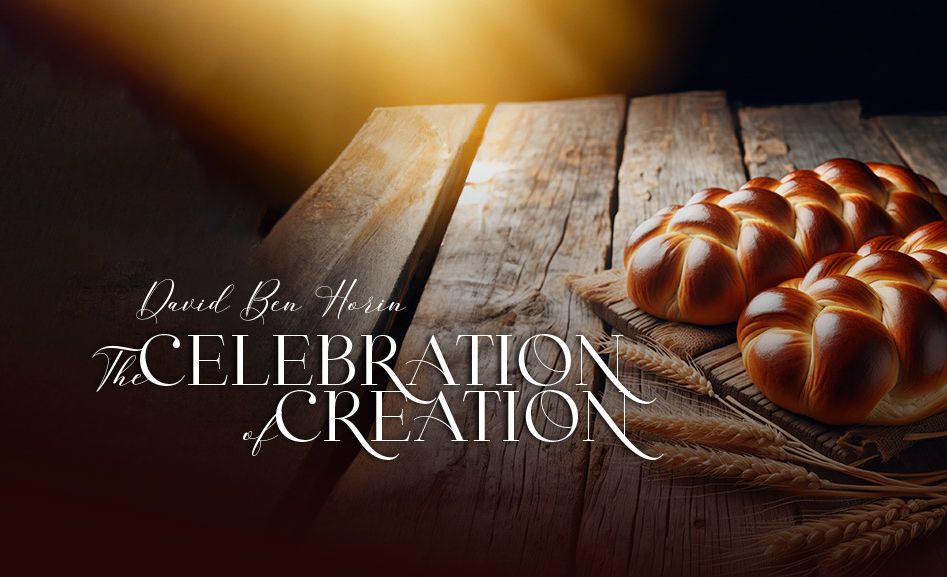
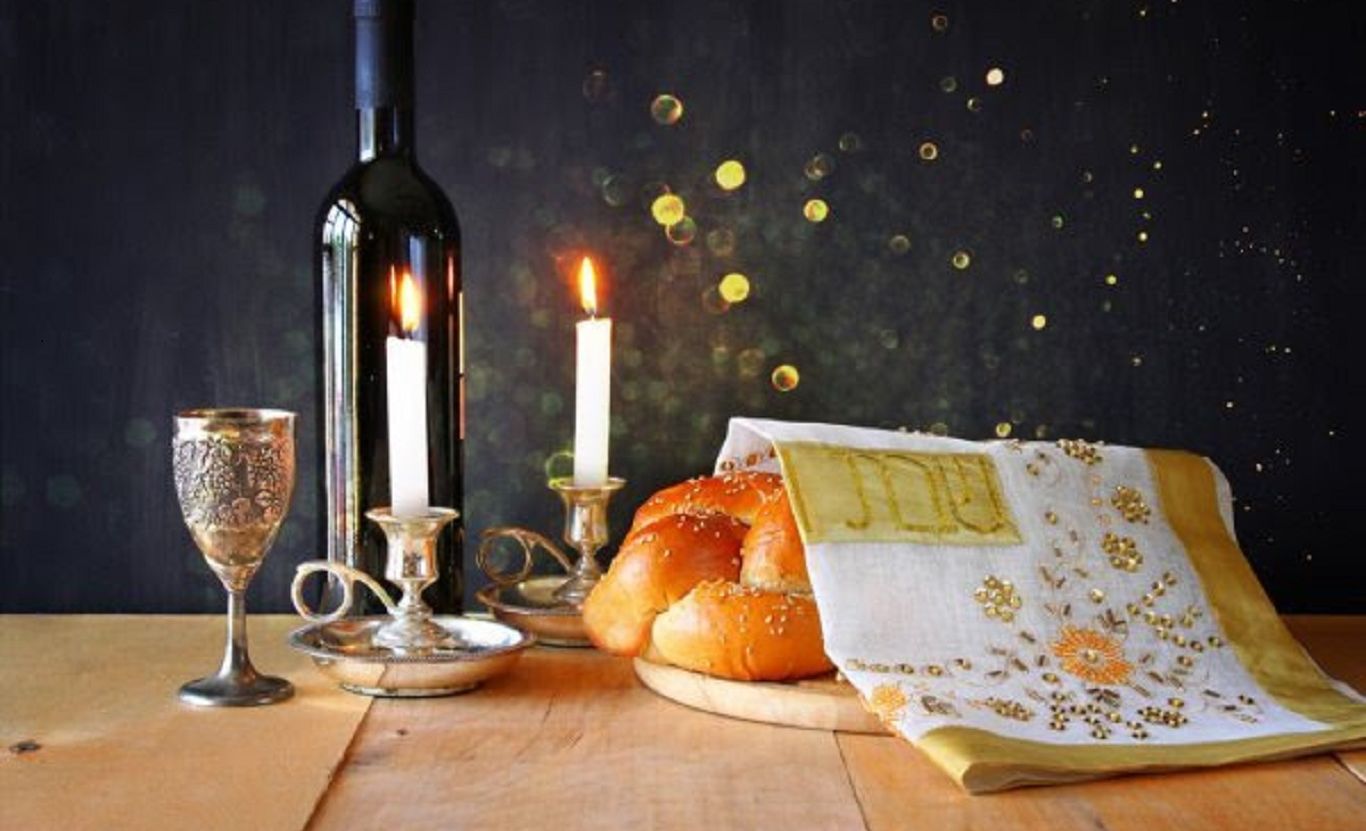
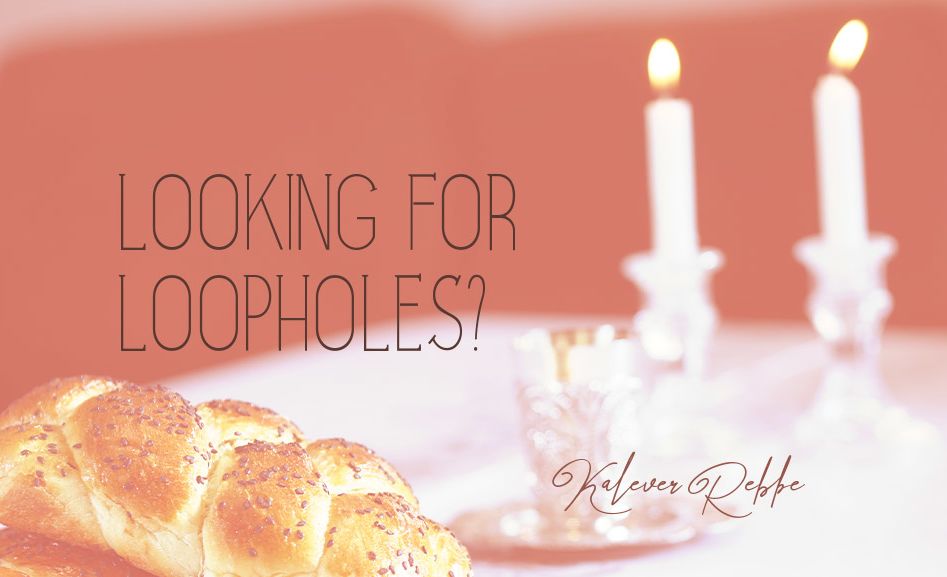
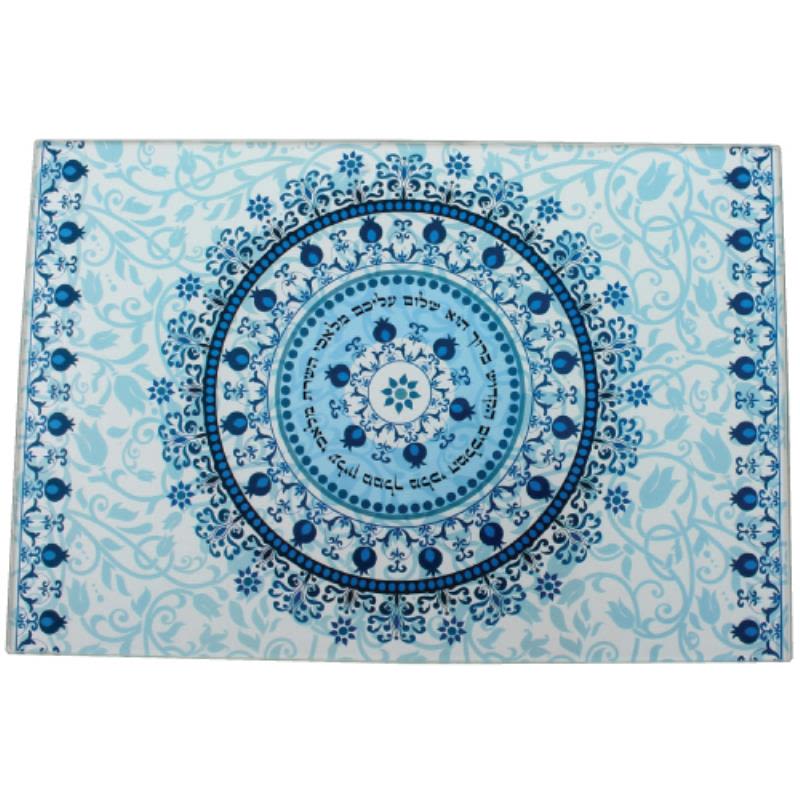
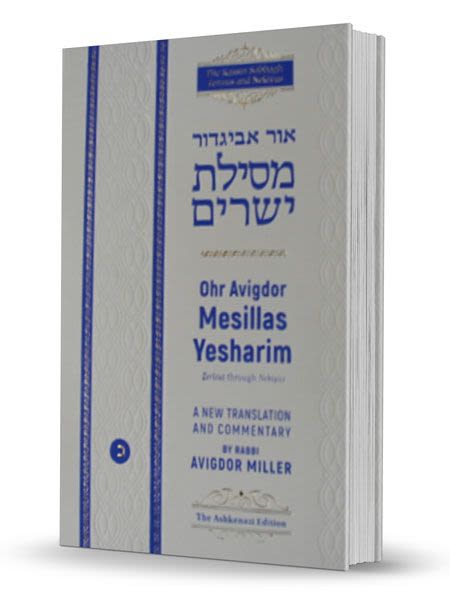
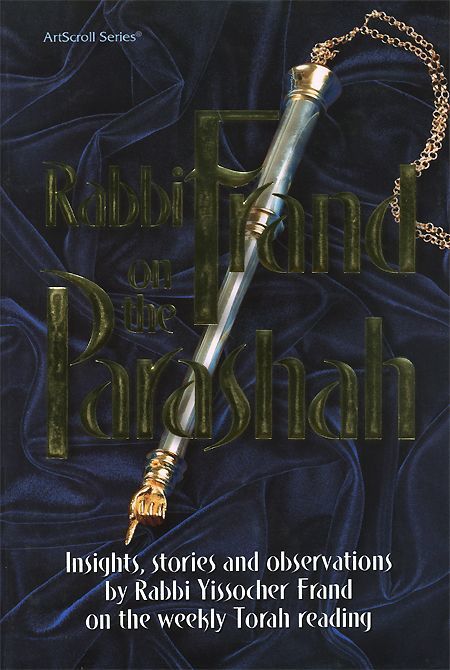
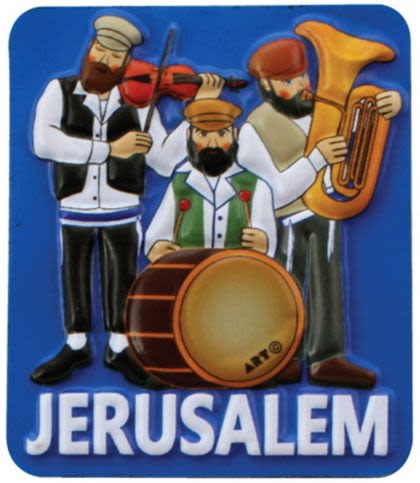
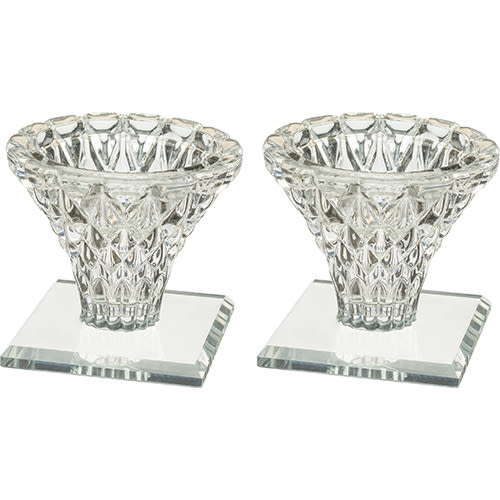
3/07/2011
recipe nice article–but I was dissapointed that you didn't post your challah recipe
3/07/2011
nice article–but I was dissapointed that you didn't post your challah recipe
3/06/2011
Great! I LOVED this article. Spiritual, funny and altogether inspiring…I have a question: does separating challa have the same benefit when it's done without the bracha on less than 2kg?